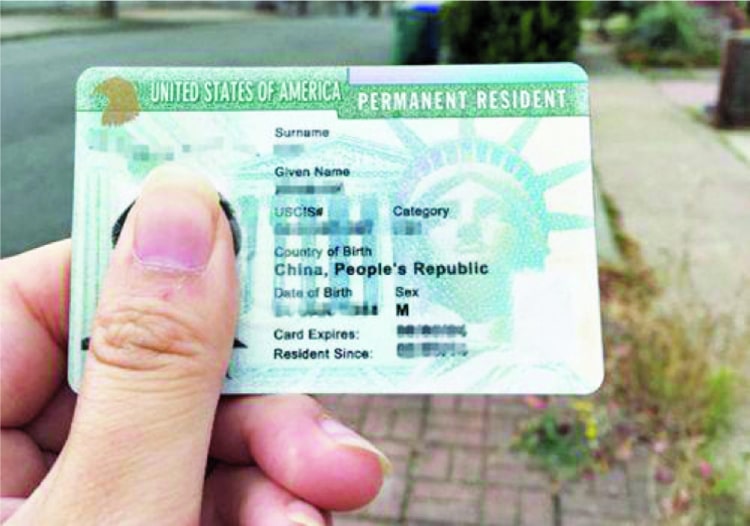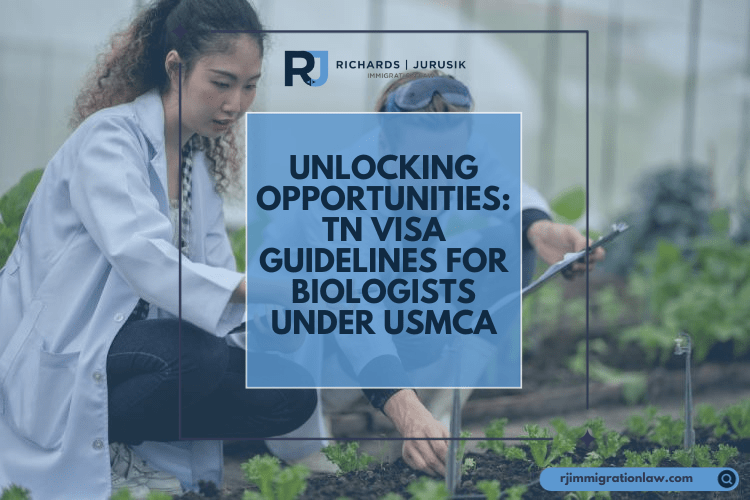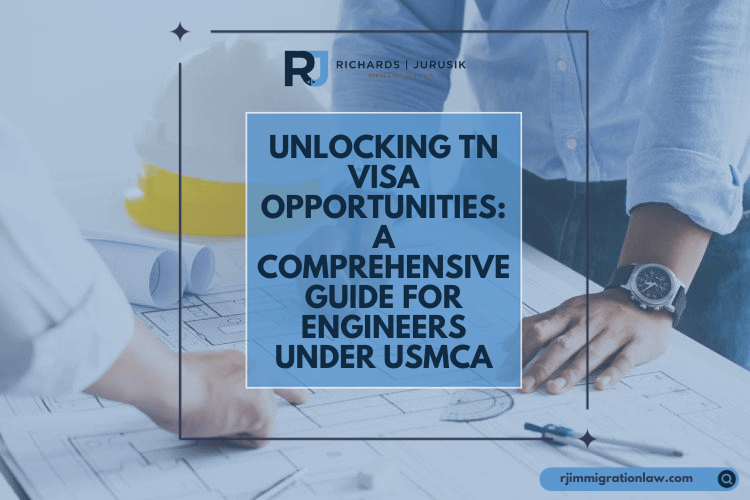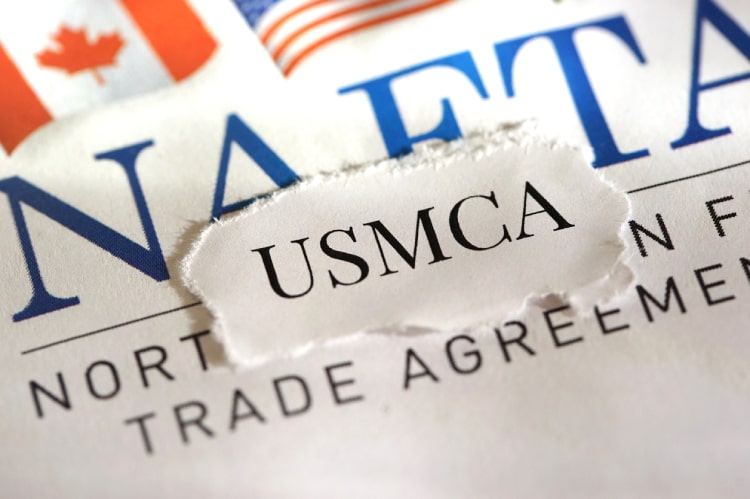The H-1B visa program is critical for foreign professionals seeking to work in the United States, including physicians. The specific requirements and conditions for physicians under the H-1B classification are detailed in the 9 FAM 402.10-4(B) guidelines. This blog provides an overview of these guidelines, helping foreign physicians understand their eligibility and the process involved.
Eligibility Criteria for Physicians
Graduates of Medical Schools
Foreign graduates of medical schools can enter the U.S. under the H-1B classification to perform medical services if they meet certain conditions:
- They must be a “graduate of a medical school” as defined in INA 101(a)(41).
- They require a full and unrestricted license to practice medicine in a foreign state, or they must have graduated from a medical school in the United States or a foreign state.
- For those providing direct patient care in the U.S., a valid medical license is generally required in the state of intended employment. However, the U.S. Citizenship and Immigration Services (USCIS) may grant a limited-validity petition to allow time for obtaining a professional license.
Medical Residency and Licensing
Individuals involved in a medical residency program may have an approved H-1B petition, even if they do not yet hold a full and unrestricted U.S. medical license. This provision facilitates the entry of medical graduates into residency programs in the United States.
Teaching or Research Roles
Foreign physicians may also be classified under H-1B if they are primarily coming to the U.S. to:
- Teach at a public or nonprofit private educational institution.
- Conduct research at or for a public or nonprofit private educational or research institution or agency.
- Only engage in direct patient care if it is incidental to their teaching or research roles.
Ineligibility for Other Classifications
It’s important to note that foreign physicians coming to the U.S. to perform medical services or receive graduate medical training are statutorily ineligible for H-2B or H-3 status.
General Licensure Requirement for H-1B Visa
Diverse State Regulations
The eligibility for an H-1B visa, particularly for professional classifications like physicians, may vary based on state-specific licensure requirements. The United States is comprised of states with differing rules regarding professional licensing, which significantly impacts H-1B visa applications.
USCIS Licensing Requirements
The U.S. Citizenship and Immigration Services (USCIS) typically requires applicants to hold a license before approving an H-1B petition if the state where they intend to work allows applicants to take licensing exams while in nonimmigrant status. This requirement ensures that the visa holder is immediately eligible to practice their profession upon arrival in the U.S.
Licensing Exams and Taxpayer Identification Number
Conversely, some states have regulations that do not permit applicants to take licensing exams until they have entered the United States in H-1B status and obtained a taxpayer identification number. In these scenarios, the absence of a U.S. license at the time of visa application should not lead to the denial of the visa. This allowance recognizes the procedural requirements of certain states that necessitate the applicant to be in H-1B status to fulfill licensing criteria.
Navigating Licensing Challenges
Applicants must thoroughly research the state’s specific licensing requirements where they intend to work. Understanding these nuances is crucial in preparing a successful H-1B visa application. Consulting with immigration law experts who are familiar with state-specific regulations can be particularly helpful in navigating these complex scenarios.
The Application Process
The application process for an H-1B visa can be complex, especially for medical professionals who must also navigate state licensing requirements. Physicians are encouraged to plan and ensure all documentation, including proof of qualification and licensing, is in order. Professional legal advice can be invaluable in navigating this process.
Conclusion
The H-1B visa offers a valuable opportunity for foreign physicians to contribute to the medical field in the United States through patient care, teaching, or research. Understanding the specific requirements and limitations is essential for a successful application.
Subscribe to Our Resources Blog
Schedule a Consultation with an Immigration Lawyer







